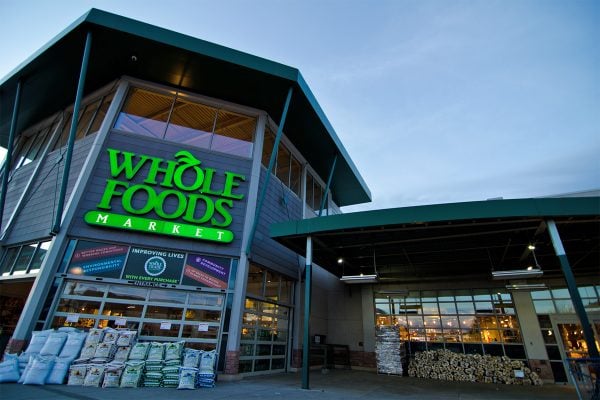An international body has expressed in a report the growing importance of ecommerce to shipping and postage companies and noted how online sales are dramatically changing the nature of the services they need to offer. The IPC Global Postal Industry Report released today also predicts that there will be increasing growth in the industry in the years to come.
E-commerce continues to fuel the industry. Posts are delivering more packets and parcels than ever before. While growth rates ranged widely, more than two thirds of posts saw stable or increasing revenues during the year and most cited parcels and express as a key growth driver. Digitisation remains the key driver of structural mail volume decline across the industry, though growth in small and lightweight e-commerce packets has helped ease the fall. In 2017, the average decline in mail volume slowed to 4.6% compared to 5.2% in 2016.
– Holger Winklbauer, CEO, IPC
It’s hardly surprising that ecommerce is increasingly the fuel for growth in the shipping, postage and courier industries because across the globe letter volumes continue to fall. Parcels and ecommerce consignments offer a glimmer of hope and a new opportunity in an industry that has experienced a great deal of turbulence in recent years.
But it’s not all plain sailing and positive news because the growth in ecommerce volumes is also causing problems as the nature of the industry develops. One example of that is the current industrial action being experienced by Canada Post. There strikes are currently underway, in part, because of the changing nature of the rounds undertaken by postal staff. It’s obviously harder to move and deliver parcels than it is to deal with letters.
Increasingly this period of transformation is offering challenges to providers. It is also one that insurgent services, rather than established national providers, sometimes with onerous responsibilities seem better equipped to benefit from.









